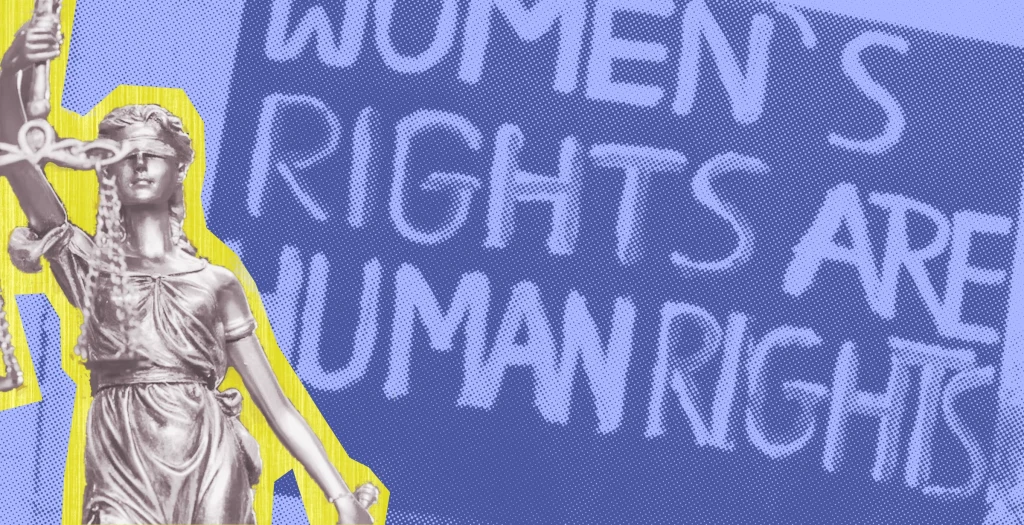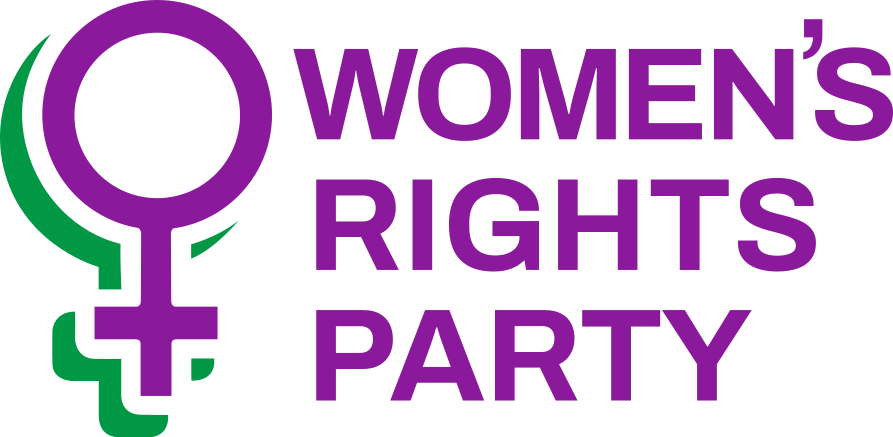Last week [28 July] the Human Rights Commission (HRC) changed its statement at the bottom of a media release about transgender guidelines in sport.

Responding to complaints about misinformation stating that “gender identity and expression” are prohibited grounds of discrimination under the Human Rights Act when they are NOT, the HRC has responded to complainants with the following:
“We understand that some members of the public were concerned that our original media statement suggested that gender identity and expression are explicitly listed in the Human Rights Act 1993 or the legal definition of the ground of sex.
“We have heard the view that the language used may have been unclear, and we acknowledge that some people have felt that the statement did not reflect or protect their understanding of sex-based rights.
“Considering the feedback we have received, we have updated our public statement to provide greater clarity and accuracy regarding the relevant legal framework. This amendment was made to more accurately reflect the language of the Act, while still setting out the Commission’s application of how gender identity and gender expression are interpreted within the scope of the prohibited ground of sex. The amended statement can be accessed on our website here.”
The HRC reply continued, saying that as part of its mandate the Commission interprets the Human Rights Act in line with international human rights standards and New Zealand’s obligations under those frameworks.
“It is our long-standing view that discrimination based on gender identity or gender expression falls within the prohibited ground of sex discrimination, and this has informed our guidance over several years.”
The Women’s Rights Party has responded, asking the HRC to clarify just which international human rights standards and obligations New Zealand has signed up to. We have yet to receive a response. We suspect the HRC is relying on the Yogyakarta Principles, which have no standing in international law and have never been adopted by the United Nations. When he was the Human Rights Commissioner, Paul Hunt signed up to these Principles, which set out rights put forward by participants at a conference in Yogyakarta, Indonesia, in 2006 (and revisited 10 years later).
Why it is important to be clear about “sex”
When it comes to women’s rights, sex matters.
That is because, in addition to “sex” being a prohibited ground in terms of discrimination in the Human Rights Act 1993, there are a number of exceptions in the Act that allow positive discrimination to protect women on the basis of sex.
When the Human Rights Act was drawn up in 1993 to comply with the Convention for the Elimination of Discrimination Against Women (CEDAW), it was understood that sex meant women and men. The fact that the prohibited ground of sex was qualified by reference to pregnancy and childbirth suggests that this was the understanding of sex.
In fact, unless sex is defined in terms of biological sex, the sex-based exceptions that currently protect women’s single-sex spaces and women’s sports are meaningless.
Sexual orientation, referring to same-sex attraction or opposite sex attraction, is also meaningless if it doesn’t refer to biological sex.
In Australia, lesbians are not allowed to have lesbian-only events or get-togethers, including social media groups, because in 2013 the Australian Sex Discrimination Act removed the definition of sex in terms of men and women, and replaced it with “gender”.
It was on this basis that Roxanne Tickle, a man who identifies as a woman, was able to win his case against Sall Grover’s app for women and girls only. The Tickle v Giggle case is currently being heard this week (4-9 August) in the Australian Federal Court.
Sex-based exceptions in the Human Rights Act include s27 of Exceptions in Relation to Employment Matters, which allows for different treatment based on sex or age where being of a particular sex or age is a genuine occupational qualification for the position or employment, for example, a counsellor specialising in highly personal matters such as sexual matters or the prevention of violence.
Here are some more…
Section 43 Exceptions in relation to access by the public to places, vehicles, and facilities
S43 allows for the maintenance of separate facilities for each sex on the ground of public decency or public safety.
Section 44 Provision of goods and services
Suppliers of goods, facilities, or services to the public can’t refuse to provide any other person with those goods, facilities, or services; or to treat any other person less favourably in connection with the provision of those goods, facilities, or services by reason of any of the prohibited grounds of discrimination.
Section 46 Exception in relation to public decency or safety
Notwithstanding s44, in s46 suppliers of good and services can provide separate facilities or services for each sex, i.e. single-sex services or spaces, are allowed on the ground of public decency or public safety.
Section 47 Exception in relation to skill
Where the nature of a skill varies according to whether it is exercised in relation to men or women, a person does not commit a breach of section 44 by exercising the skill in relation to one sex only, in accordance with that person’s normal practice. This is the only place in the Human Rights Act where sex is defined in terms of men and women. (Note this exception specifically refers to men and women).
Section 48 Exception in relation to insurance
Insurance companies can offer or provide life insurance policies, or other policies of insurance, on different terms or conditions for each sex or for persons with a disability or for persons of different ages if, for example, the different treatment is based on actuarial or statistical data, upon which it is reasonable to rely, relating to life-expectancy, accidents, or sickness. (Note if “sex” included “gender identity” it would have said “all genders” not “each sex”.)
Section 49 Exception in relation to sport
In s49 it is lawful to exclude one sex from participation in any competitive sporting activity in which the strength, stamina, or physique of competitors is relevant. This doesn’t apply to coaches, umpires or referees, sports administrators, or sporting activities for children under 12.
It is also lawful to exclude someone from a competitive sporting event or activity if that person’s disability is such that there would be a risk of harm to that person or to others. It is lawful to conduct competitive sporting events or activities in which only persons with a particular disability or age qualification may take part, like Masters events or Special Olympics.
Section 55 Exception in relation to hostels, institutions, etc
Hostels, or establishments such as a hospitals, clubs, schools, universities, religious institutions, or retirement villages, can provide accommodation only for persons of the same sex, marital status, or religious or ethical belief, or for persons with a particular disability, or for persons in a particular age group. This can include part of an establishment.
Section 58 Exceptions in relation to establishments for particular groups
Educational establishments for students of one sex, race, or religious belief, or for students with a particular disability, or for students in a particular age group, can under s58 refuse to admit students of a different sex, race, or religious belief, or students.
There are other forms of discrimination covered by the Act, such as racial and sexual harassment, adverse treatment in employment of people affected by family violence (mostly women, of course), and superannuation schemes (mostly in relation to disability and age, though it is also lawful to provide different benefits for members of each sex).
Currently the Law Commission is preparing a report to advise Minister of Justice Paul Goldsmith, due out late next month, to provide advice as to whether “gender identity and expression” and “innate variations of sex characteristics” should be included as prohibited grounds of discrimination. Although many government agencies, local bodies and non-governmental organisations believe it to be the case, “gender identity” is not included in the prohibited grounds of discrimination which are found in s21 of the Human Rights Act.
The current prohibited grounds are:
- sex, which includes pregnancy and childbirth
- marital status
- religious belief
- ethical belief
- disability, which includes physical disability or impairment, physical illness, psychiatric illness, intellectual or psychological disability or impairment
- age
- political opinion
- employment status, e.g. being unemployed; or a beneficiary
- family status
- sexual orientation, which means a heterosexual, homosexual, lesbian, or bisexual orientation.
